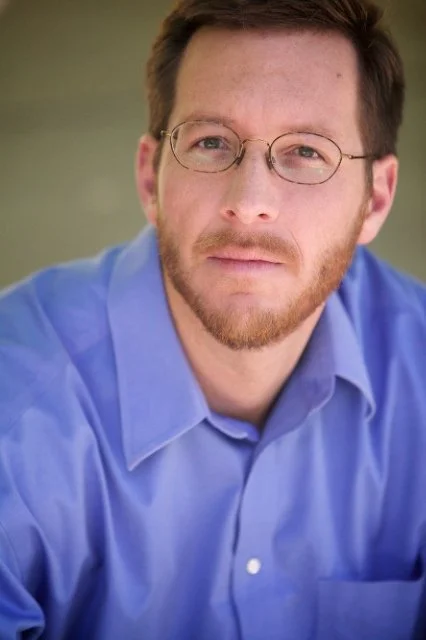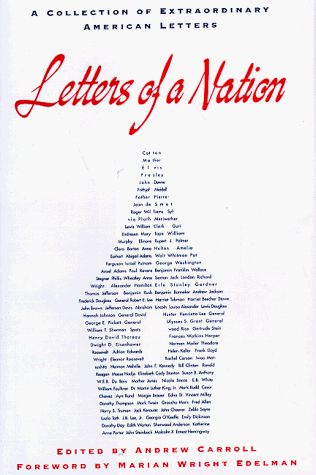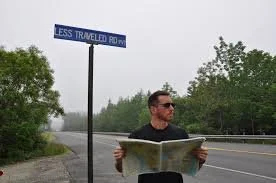POETRY AT MOTEL 6
LIBRARY OF CONGRESS — OCTOBER 2, 1991 — From beneath the soaring ceilings of the nation’s biggest book stack, the well-bred, the well-fed, and the well-read file into the Mumford Room. Another “literary season” has begun.
When the new poet laureate rises to address the crowd, all expect preaching to poetry’s choir. But Joseph Brodsky has a different audience in mind.
”Throughout history the audience for poetry does not appear to have exceeded one percent of the entire population,” Brodsky says. “I find this one percent scandalous, even tragic.” In the past, low literacy kept poetry among the elite, but today “we are all literate, therefore everyobody is a potential reader of poetry.” So what if. . .
What if poetry were “available to the public in a far greater volume than it is?” Poetry, Brodsky says in his sweet Russian accent, “should be as ubiquitious as the Nature which surrounds you. . . as ubiquitous as gas stations, if not as cars themselves. . . This is a nation of mass production, and I don’t see that what’s been done for cars should not be done for poetry, which takes you quite a bit further.”
All nod and prepare for the reception, but seated in the crowd is a Columbia University junior. Though not a poet, Andrew Carroll agrees with Walt Whitman that “These United States are essentially the greatest poem.”
Adopted son of DC insiders who helped to found the EPA, Carroll is part reader, part roamer, part connosseur of American culture. A man of letters — hand-written letters — Carroll has spread his love of poetry into corners far from the well-fed and well-bred.
Shortly after his first book, Volunteer USA, was published in his sophomore year at Columbia, Carroll heard Joseph Brodsky speak and soon wrote to him. In 1992, Brodsky and Carroll co-founded the American Poetry and Literacy Project.
To make poetry as “ubiquitous as Nature,” Brodsky had suggested two-buck books of verse be distributed. . . everywhere. Carroll went to work. First he persuaded the Book-of-the Month-Club to donate 2,000 copies of Six American Poets: An Anthology. Then he got the DoubleTree hotel chain to put the books in its rooms.
So did some lonely businessman, reaching for a Gideon Bible, stumble upon Robert Frost and find “two roads diverged in a yellow wood?” Carroll was too busy to find out. Throughout the 1990s, he made APL a fountain of free poetry. Cheap chapbooks were sent to schools, handed out at supermarkets, in homeless shelters. . . everywhere.
Waiting to be on a jury? Meet Emily Dickinson. Stuck in a senior center? Here’s a little Langston Hughes for your sorrows. But in 1996, as poets are sadly apt to do, Brodsky died young — at 55.
Instead of grieving, Carroll took Brodsky’s dream on the road. “The Great APLseed Giveway” saw Carroll roam America in a truck filled with poetry. From New York to California, he handed out books at truck stops, bus and train stations, supermarkets, zoos. . . . He gave Wallace Stevens to customers at White Castle burgers. He gave “African-American Poetry” to patients in hospitals. . .
One hundred thousand poetry books were sown like seeds. The following year, Carroll convinced Volkswagen to put 40,000 books in glove compartments of new VWs. In 2000, he got American Airlines to stash 100,000 copies of APL’s Songs for the Open Road in seatbacks onboard.
And of course, poetry worked its magic, right? America became absorbed in Sylvia Plath, awash in William Carlos Williams. Well, no. But that’s the thing about poetry, as Joseph Brodsky knew. It does not change lives en masse, only one-by-one.
“If art teaches anything,” Brodsky said in accepting the Nobel for Literature, “it is the privateness of the human condition. . . Lots of things can be shared: a bed, a piece of bread, convictions, but not a poem by, say, Rainer Maria Rilke. A work of art, of literature especially, and a poem in particular, addresses a man tete-a-tete, entering with him into direct – free of any go-betweens – relations.”
From giving away books, Carroll set about compiling them. His first compilation, Letters of a Nation, was a small ‘d’ democratic collection. The best-seller included letters by Washington and Jefferson, of course, but also by Mother Jones, Will Rogers, and a Navajo Code Talker. Here is Alexander Hamilton writing to his wife, Helen Keller writing to Eugene Debs, Elvis writing to Nixon. . .
Carroll soon began compiling letters from soldiers and was overwhelmed by thousands sent him by total strangers. He distilled the best, the most moving into another book, a PBS documentary, and countless public readings. Then in 2008 he turned from poetry to history.
“Whenever a newspaper, magazine, book, radio program, documentary, lecture, or cocktail conversation alluded to a relatively unknown incident, I jotted it down and slipped the note into a manila file titled ‘Forgotten History.’” When his notes filled 24 cabinets, Carroll hit the road again with an “almost compulsive desire to seek out unmarked history sites throughout the country.” The result, Here is Where, is a travelogue of places where history happened.
“Historic sites aren’t just clustered in Beacon Hill, Greenwich Village, Hyde Park, Fisherman’s Wharf, and other big-city neighborhoods. They are everywhere.”
A poem is essentially a reflective piece, Carroll knows. Yet in the right place at the right time — occasionally in a classroom but more often in private, in despair, in search of something, a poem can touch a life. Don’t take Carroll’s word for it. Reach into the drawer at DoubleTree, pull out Six American Poets, and listen to WIlliam Carlos WIlliams:
It is difficult
to get the news from poems
yet men die miserably every day
for lack
of what is found there.











